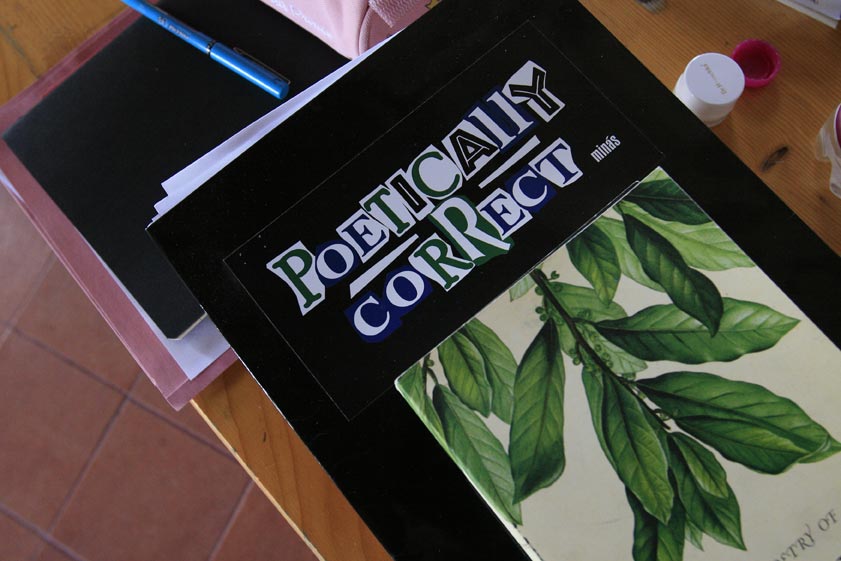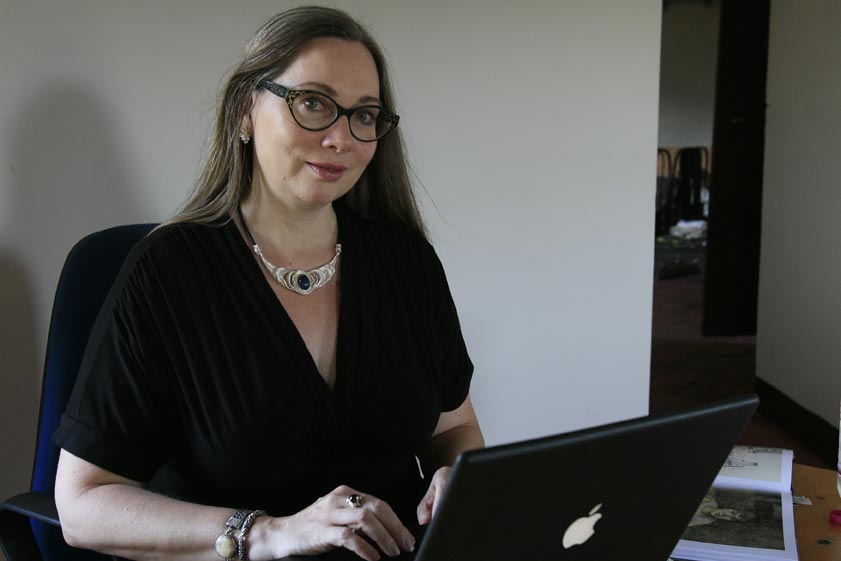La Poupée Délaissée (1921)
after the painting by Suzanne Valadon
She is turning away from the woman, spurning
the matronly touch of soft white Turkish
toweling, she twists, leaning toward the mirror,
left arm the fulcrum, attempting to see clearly
her image there. She’s still (surely) a virgin,
plump sweet breasts but small trace yet of the ferny
triangle below the soft belly, nor of the yearning
that will find its quenching there.
She is turning
at this moment from child to what she’s learning,
the crimson duvet cover a voluptuous warning,
the cast-off doll half-on her funeral bier.
Can she see the twinned pink ribbon in her mirror?
(I don’t think so.) She is only concerned
with the woman into whom, unknowing and burning,
she is turning.
I want to tell him that I know the ache
he feels, the gnawing emptiness,
like hunger, or a thirst that can’t be slaked.
It’s difficult, those mornings when he wakes
from hot disordered dreams that mar his rest.
I want to tell him that I know the ache,
the looking glass become a muddy lake
of roots obscured, of pure unknowingness,
of hunger, and a thirst that can’t be slaked.
It breaks my heart, the jokes the children make,
that small, angelic face cast down in sadness.
I want to say I understand the ache.
He plays his strange distractions, and I take
some comfort that he’s soothing loneliness,
the hunger, and the thirst so hard to slake.
But I can’t tell him. Is it a mistake
to hold this secret tightly to my breast?
I want to tell him that I feel the ache,
the hunger, and the thirst that can’t be slaked.

